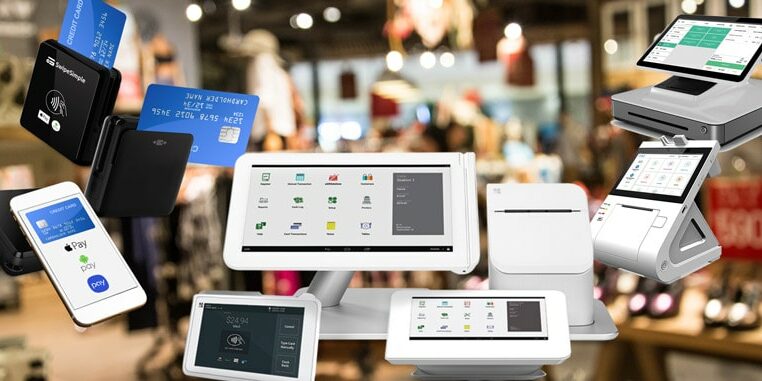Starting a business might be a dream come true for many. Entrepreneurs establish their ventures as soon as they gather the resources and funds necessary. They handle every step with clear-cut precision and success, refusing to let anything ruin their shot at becoming successful. But aspiring business owners face an uphill battle.
Despite efforts to point your startup to the best shot at success, the odds will always be against your favor during the initial stages. The picture shows that 90% of startup companies fail, and no evidence supports any connotation that you don’t have to worry about the future of your business.
The best thing you can do is prepare for any situation to prevent failure. The pandemic added to the list of troubles, but startups can secure these options instead of adjusting their entire business model. Here are a few must-haves if you want your business to succeed amid the pandemic.
Digitalized Products and Services
Business owners are always in control of their efforts, which means that they can change startup ideas whenever needed. But some entrepreneurs are already in the middle of starting their ventures when the pandemic began. The health and safety protocols necessary to keep people away from the virus make commercial establishments hazardous spaces.
Unfortunately, both your internal and external operations suffer from it. Employees have to work from home, making investments in an office less than ideal. Customers also cannot risk their health when going outside to retail stores and shopping malls. Entrepreneurs need to adjust, even for startups.
Fortunately, it is not too late to adjust your business idea into something more achievable in a post-pandemic world. Digitalizing your products and services should be a top priority. If you can provide an online version, it should be in your pipeline. However, most businesses rely on physical products or services that require face-to-face interactions with customers.
Adjusting your internal operations should also become your top goal. Employees are necessary for your operations, but their health and safety are under threat. Remote work arrangements, social distancing protocols, and personal protective equipment should be part of your list. The business world is fast becoming a digital space, making it necessary for companies and startups to adjust to the environment.
Social Media Presence
Marketing has always been a determining factor of success for businesses. Established companies dedicate a lot of money and resources to launch successful campaigns in multiple mediums. Unfortunately, this situation is where startups could struggle. In the past, traditional mediums like television and radio dominated the paths to customer engagement. The high prices for creating campaigns in those areas, however, made it inaccessible and unadvisable. Startups do not have the funds to compete with established companies in those territories.
Fortunately, social media provides free platforms that could tip the advantage to your favor. Most of your business consumers are accessible, which means established companies also create a brand presence in those areas. However, your startup offers something new, something fresh for their eyes. Creativity and uniqueness should be present in your social media content, making it necessary to add a management team to your startup.

Expanding to other online spaces should also be part of your long-term adjustments. Business websites, article submission sites, and digital marketplaces also require your attention to generate customer traffic. Once you establish a social media presence, your startup can attract enough attention to maintain relevancy, which might be the only thing you need to help your company succeed.
Cashless Transactions
Engaging customers should be priority number one for startups when performing digital marketing strategies and campaigns. However, your customers expect that transactions are also as convenient as your engagement efforts online. Cashless transactions became a necessity amid the pandemic. Convenience becomes part of the customer journey, making it necessary for startups to secure merchant services. Payments through credit and debit cards are already standards for businesses, but startups have to prioritize it.
However, the convenient process should not stop there. Delivery services should also be part of the customer journey. Try to identify how you can pack your products to ensure that they can arrive at consumers’ doors safely. Your logistics process might require a few improvements, especially in last-mile deliveries. However, your startup will be in a better position when you take care of those contactless transactions.
Business owners dedicate a lot of time and effort to startups, making it challenging for them to accept failure. While it is possible for your venture to fail, making adjustments allow you to position it for better chances of success.















:max_bytes(150000):strip_icc()/labgrownlede-2b7540f7f7404558a08f1a555862f3d3.jpg)